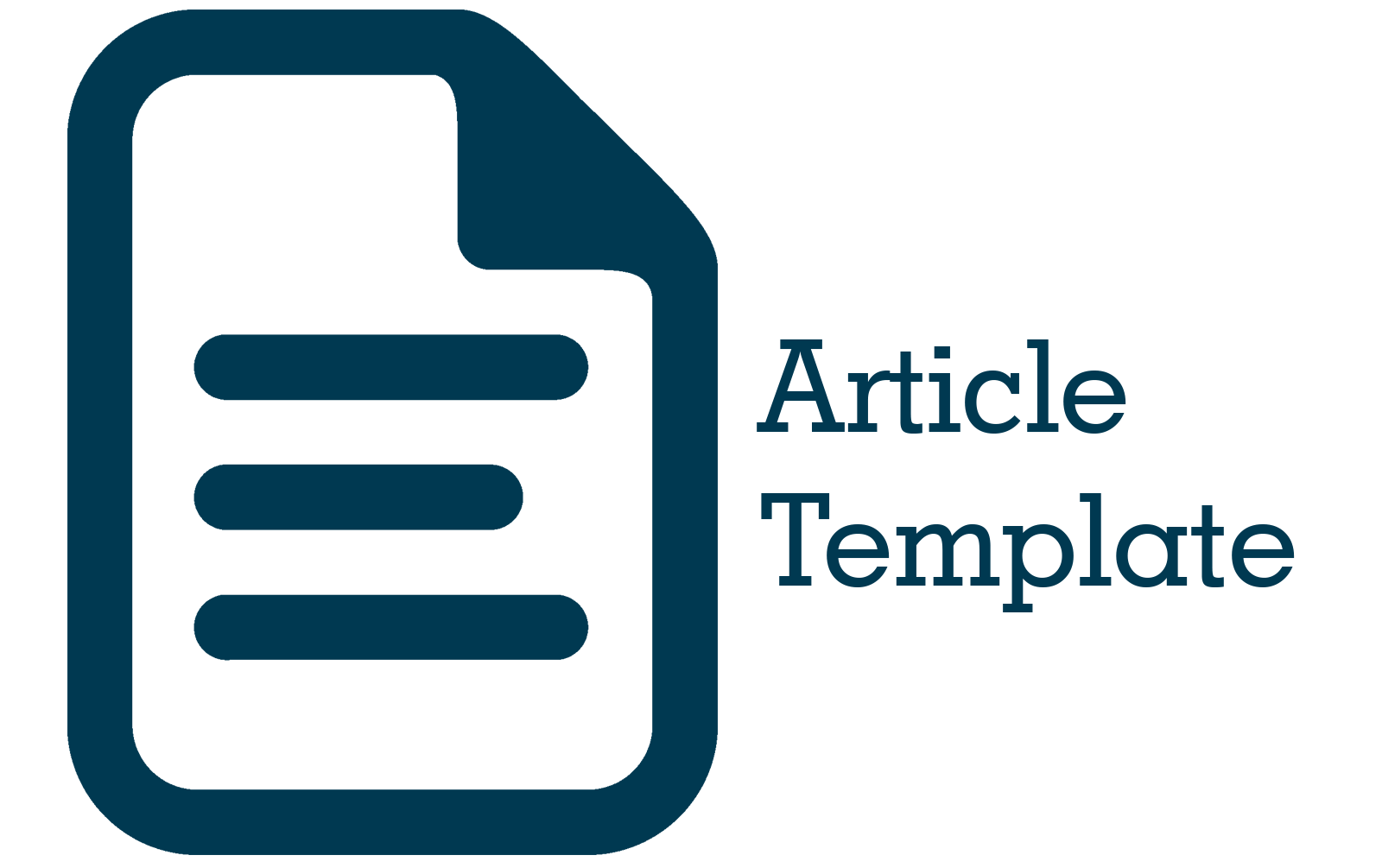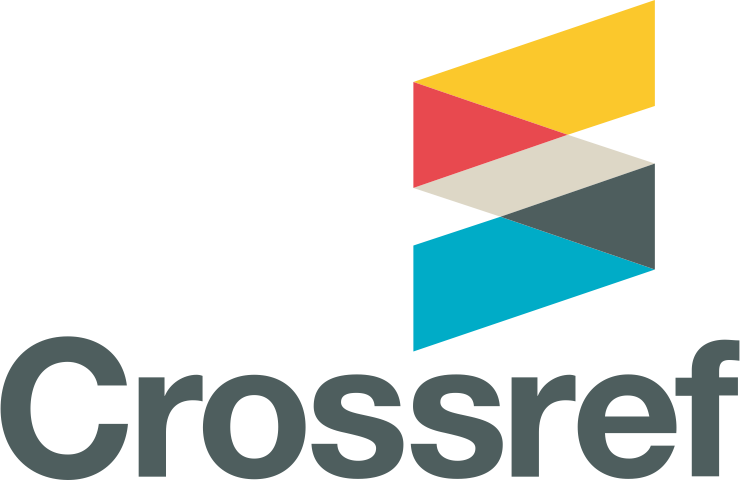Harnessing Item Features to Enhance Recommendation Quality of Collaborative Filtering
DOI:
https://doi.org/10.33633/jais.v8i2.7915Abstract
Recommendation systems provide ways of directing users to items that may be relevant to them by guiding them to relevant items that will be suitable to the users according to their profiles. Collaborative filtering is one of the most successful and mature techniques of recommender system because of its domain independent ability. Bayesian Personalized Ranking Smart Linear Model (BPRSLIM) is model-based collaborative filtering (CF) recommendation algorithm that usually reconstructs a scanty user-item matrix directly; also, using only user-rating matrix usually prevents the algorithm from accessing relevant information that could enhance its recommendation accuracy. Therefore, this work reconstructs BPRSLIM user-item rating matrix via item feature information in order to improve its performance accuracy. Comprehensive experiments were carried out on a real-world dataset using different evaluation metrics. The performance of the model showed significant improvement in recommendation accuracy when compared with other top-N collaborative filtering-based recommendation algorithms, especially in precision and nDCG with 30.6% and 22.1% respectively.References
F. O. Isinkaye, Y. O Folajimi, A.B. Adeyemo, “On collaborative filtering model optimised with multi-item attribute information space for enhanced recommendation accuracy”, Int J Intell Syst Tech. Appl vol.19, no.3, pp. 207-215, 2020.
H. Zitouni, S. Meshoul, C. Mezioud, “New contextual collaborative filtering system with application to personalized healthy nutrition education”, J. King Saud Univ., Comp. Inf. Sci
https://doi.org/10.1016/j.jksuci.2020.04.012, 2020.
M. Nilashi, O. Ibrahim, K. Bagherifard, “Recommender system based on collaborative filtering using ontology and dimensionality reduction techniques”, Expert Syst. Appl vol.92, pp.507-520, 2018.
M. Si, Q. Li, “Shilling attacks against collaborative recommender systems: a review”, Artif Intell Rev vol.53, no.1, pp. 291-319, 2020.
F. O. Isinkaye, Y.O. Folajimi B. A. Ojokoh, “Recommendation systems: Principles, methods and evaluation”, Egypt Inform J vol.16, no. 3, pp.261-273, 2015.
Y. Chen, C. Wu, M. Xie, X. Guo, “solving the sparsity problem in recommender systems using association retrieval”, J. Comput vol.6, no. 9, pp. 1896-1902, 2011.
Y. Wang, C. Feng, C. Guo, Y. Chu, J. N. Hwang, “Solving the sparsity problem in recommendations via cross-domain item embedding based on co-clustering”, In: Proceedings of the twelfth ACM international conference on web search and data mining (pp. 717-725), 2019.
S. Kabbur, X. Ning, G. Karypis, “Fism: factored item similarity models for top-n recommender systems”, In: Proceedings of the 19th ACM SIGKDD international conference on Knowledge discovery and data mining (pp. 659-667), 2013.
V. C. Ostuni, T. Di Noia, E. Di Sciascio, R. Mirizzi, “Top-n recommendations from implicit feedback leveraging linked open data”, In: Proceedings of the 7th ACM conference on recommender systems (pp. 85-92), 2013.
J. Wei, J. He, K. Chen, Y. Zhou, Z. Tang, “Collaborative filtering and deep learning-based recommendation system for cold start items”, Expert Syst Appl vol. 69, pp.29-39, 2017
Y. Jian Cheng, L. Yang, J. Li, H. Yan, X. Wang, “A trust-based collaborative filtering algorithm for E-commerce recommendation system”, J Amb Intel Hum Comp vol. 10, no. 8, pp.3023-3034, 2019.
M. Duma, B. Twala, “Sparseness reduction in collaborative filtering using a nearest neighbour artificial immune system with genetic algorithms”, Expert Syst. Appl vol. 132, pp. 110-125, 2019.
S. Kant, T. Mahara, “Merging user and item based collaborative filtering to alleviate data sparsity”, Int. J. Syst. Assur. Eng. Manag vol. 9, no. 1, pp. 173-179, 2018.
S. Bag, S. Kumar, A. Awasthi, M. K. Tiwari, “A noise correction-based approach to support a recommender system in a highly sparse rating environment”, Decis. Support Syst vol.118, pp. 46-57, 2019.
X. Yang, Y. Guo, Y. Liu, H. Steck, “A survey of collaborative filtering based social recommender systems”, Comput. Commun vol. 41, pp. 1-10, 2014.
Y. Xu, L. Wai, L. Tianyi, "Collaborative filtering incorporating review text and co-clusters of hidden user communities and item groups", In: Proceedings of the 23rd ACM International Conference on Conference on Information and Knowledge Management, (pp. 251-260), 2014.
S. Huang, J. Ma, P. Cheng, S.Wang, “A hybrid multigroup coclustering recommendation framework based on information fusion”, Acm T Intel Syst Tec (TIST), 6(2):1-22, 2015.
H. You, H. Li, Y. Wang, Q. Zhao, “An improved collaborative filtering recommendation algorithm combining item clustering and slope one scheme”, In: Proceedings of the international multiconference of engineers and computer scientists, (pp. 313-316), 2015.
D. Bokde, S. Girase, D. Mukhopadhyay, “Matrix factorization model in collaborative filtering algorithms: A survey. Procedia Comput. Sci vol. 49, pp. 136-146, 2015.
D. C. Anastasiu, E. Christakopoulou, S. Smith, M. Sharma, G. Karypis, “Big data and recommender systems”, Novtica: J Spanish Comp Sci Associat vol. 240, pp. 1-28, 2016.
A. Saluja, M. Pakdaman, D. Piao, A. P. Parikh, “Infinite mixed membership matrix factorization”, In: 2013 IEEE 13th international conference on data mining workshops (pp. 800-807), 2013
S. T. Tu, L. J. Zhu, “A bandit method using probabilistic matrix factorization in recommendation”, J. Shanghai Jiaotong University (Sci.) vol. 20, no. 5, pp. 535-539, 2015.
Y. Liu, D. Liu, H. Xie, L. Wang, “A research on the improved slope one algorithm for collaborative filtering”, Int. J. Comput. Sci. Math, vol. 7, no. 3, pp. 245-253, 2016.
A. Godoy-Lorite, R. Guimerà, C. Moore, M. Sales-Pardo, “Accurate and scalable social recommendation using mixed-membership stochastic block models”, Proceedings of the Natl. Acad. Sci vol. 113, no. 50, pp. 14207-14212, 2016.
T. Tang, P. Harrington, “Scaling matrix factorization for recommendation with randomness”, In: Proceedings of the 22nd international conference on world wide web (pp. 39-40), 2013.
X. Deng, F. Zhuang, Z. Zhu, “Neural variational collaborative filtering with side information for top-K recommendation”, Int J Mach Learn Cyb vol. 10, no. 11, pp. 3273-3284, 2019.
T. Hao, Z. Zheng, “The implementation and optimization of matrix decomposition based collaborative filtering task on x86 platform”, In: International Symposium on Benchmarking, Measuring and Optimization (pp. 110-115), 2019.
Y. Zheng, B. Mobasher, R. Burke, “Deviation-based contextual SLIM recommenders”. In: Proceedings of the 23rd ACM international conference on conference on information and knowledge management (pp. 271-280), 2014a
Y. Zheng, B. Mobasher, R. Burke, “Integrating context similarity with sparse linear recommendation model”, In: international conference on user modeling, adaptation, and personalization (pp. 370-376), 2015.
Y. Zheng, B. Mobasher, R. Burke, R (2014b) CSLIM: Contextual SLIM recommendation algorithms”, In: Proceedings of the 8th acm conference on recommender systems (pp. 301-304), 2014b.
Z. Fan, X. Ning, “Local sparse linear model ensemble for top-n recommendation”, Retrieved 2/8/2020 at: https://doogkong.github.io/2017/papers/paper10.pdf, 2017.
E. Christakopoulou, G. Karypis, “Local item-item models for top-n recommendation”, In: Proceedings of the 10th ACM Conference on Recommender Systems (pp. 67-74), 2016.
T. Liu, Z. Wang, J. Tang, S. Yang, G. Y. Huang, Z. Liu, “recommender systems with heterogeneous side information”, In: The World Wide Web Conference (pp. 3027-3033), 2019.
W. Deng, P. Wang, J. Wang, C. Li, M. Guo, “Psl: Exploiting parallelism, sparsity and locality to accelerate matrix factorization on x86 platforms”, In: International symposium on benchmarking, measuring and optimization (Bench 2019).
T. R Mahesh, V. Vinoth Kumar, L. Se-Jung, "UsCoTc: Improved Collaborative Filtering (CFL) recommendation methodology using user confidence, time context with impact factors for performance enhancement." Plos one vo. 18, no. 3, 2023: e0282904.
E. Christakopoulou, G. Karypis, “HOSLIM: Higher-order sparse linear method for top-n recommender systems”, In: Pacific-Asia conference on knowledge discovery and data mining (pp. 38-49), 2014.
S. Zhang, L. Yao, A. Sun, S. Wang, G. Long, M. Dong, “Neurec: On nonlinear transformation for personalized ranking”, In: Proceedings of the twenty-seventh international joint conference on artificial intelligence (pp. 3669-3675), 2018
X. Ning, G. Karypis, “Slim: Sparse linear methods for top-n recommender systems”, In: 11th IEEE International Conference on Data Mining (pp. 497-506). 2011.
G. Li, Q. Chen, “Exploiting explicit and implicit feedback for personalized ranking. Math. Probl. Eng pp. 1-11, http://dx.doi.org/10.1155/2016/2535329, 2016.
Downloads
Published
Issue
Section
License
- Authors retain copyright and grant the journal right of first publication with the work simultaneously licensed under a Creative Commons Attribution License that allows others to share the work with an acknowledgment of the work's authorship and initial publication in this journal.
- Authors are able to enter into separate, additional contractual arrangements for the non-exclusive distribution of the journal's published version of the work (e.g., post it to an institutional repository or publish it in a book), with an acknowledgment of its initial publication in this journal.
- Authors are permitted and encouraged to post their work online (e.g., in institutional repositories or on their website) prior to and during the submission process, as it can lead to productive exchanges, as well as earlier and greater citation of published work (See The Effect of Open Access).









